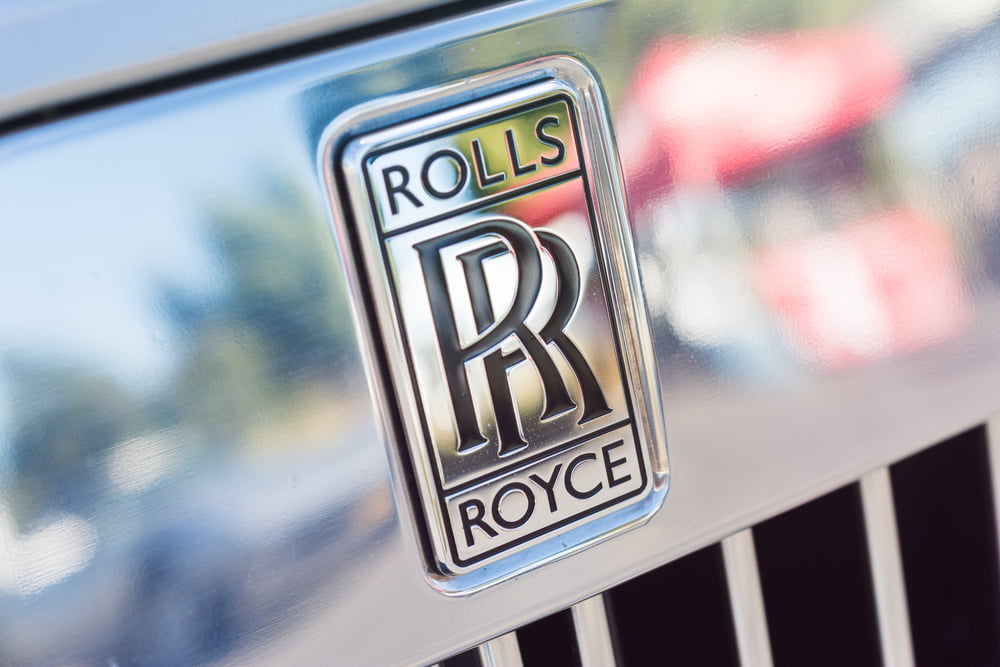Aircraft engine manufacturer Rolls-Royce expects to be able to provide a small aircraft with electric propulsion in three years' time. That forecast has been expressed by a senior executive of the important supplier of Airbus and Boeing. He also said that electric flying is probably not the solution for larger aircraft.
Rolls-Royce previously counted on the first electric flights in 2026. According to Rob Watson, who heads the electric motors branch of the British group, the first so-called P-Volt to be brought onto the market will soon have a capacity of approximately 600 have kilowatt hours. With this, six to eight people could fly almost 150 kilometers.
The P-Volt, an electrical device under development, has been in the works for years. The plane will be made by the Italian Tecnam, but Rolls-Royce will soon arrange the propulsion. That company should not be confused with the Rolls-Royce car brand, which has not been part of the industrial group for decades. Cars with the name Rolls-Royce are now produced under the flag of the German BMW.
Trust
Numerous companies worldwide, from large concerns to start-ups, are developing cleaner aircraft. Some parties are focusing on forms of biofuel, while others are working on hydrogen propulsion, fully electric systems or hybrid models in which only part of the propulsion is electric.
Watson, who is in Singapore this week for the Singapore Airshow, told reporters he has "confidence" in the new technology his company is working on. He predicts that the range will improve later on due to better battery technology. He estimates that the aircraft will be able to fly as much as 400 kilometers sometime in the XNUMXs.
Cleaner Alternatives
Yet such an electric propulsion is probably not the best option for the large aircraft that Airbus and Boeing make, Watson indicates. According to him, a battery as we know it today could never supply enough energy. It would therefore be wiser for large aircraft to switch to other cleaner technologies, such as biofuel or hydrogen.
Although Rolls-Royce is working on designs for electric motors and plans to assemble them later, the company will not be producing batteries in the near future. Watson says that the company is therefore in talks with various battery manufacturers. A decision will be made in the course of this year about who will be able to supply the batteries to Rolls-Royce.
Photo above: Schutterstock/ Jonathan Weiss.
photo below: Schutterstock/ betto rodrigues.
Also read: Brussels Airport signs for CO2-free aviation in 2050



